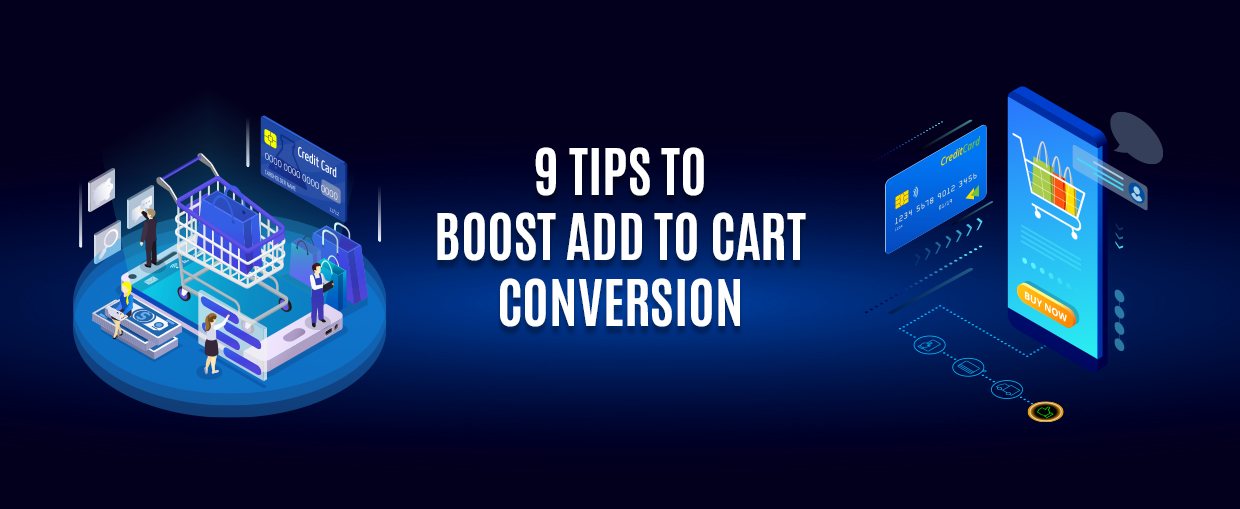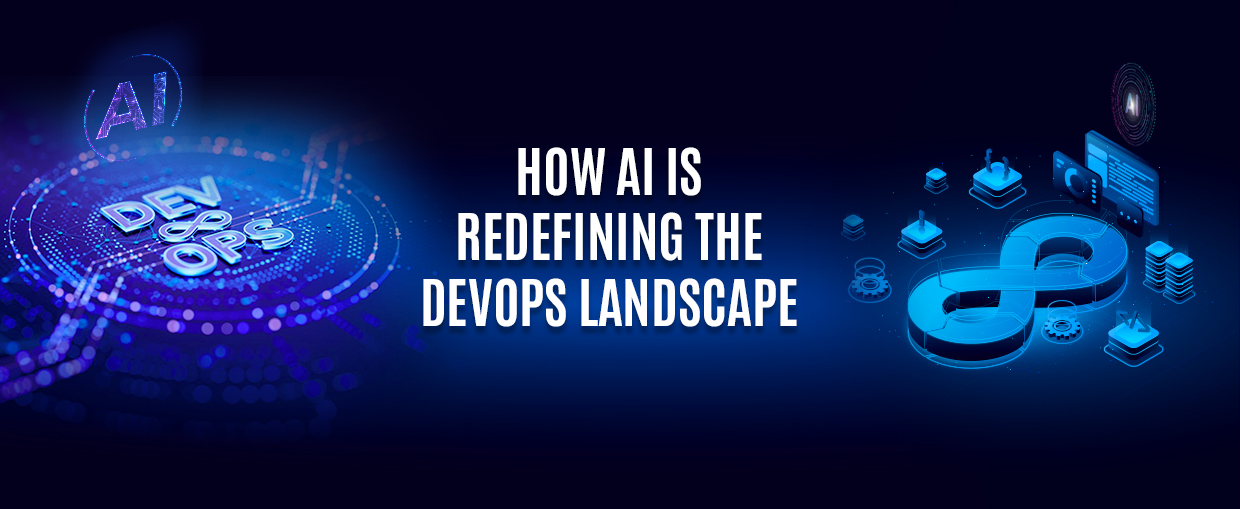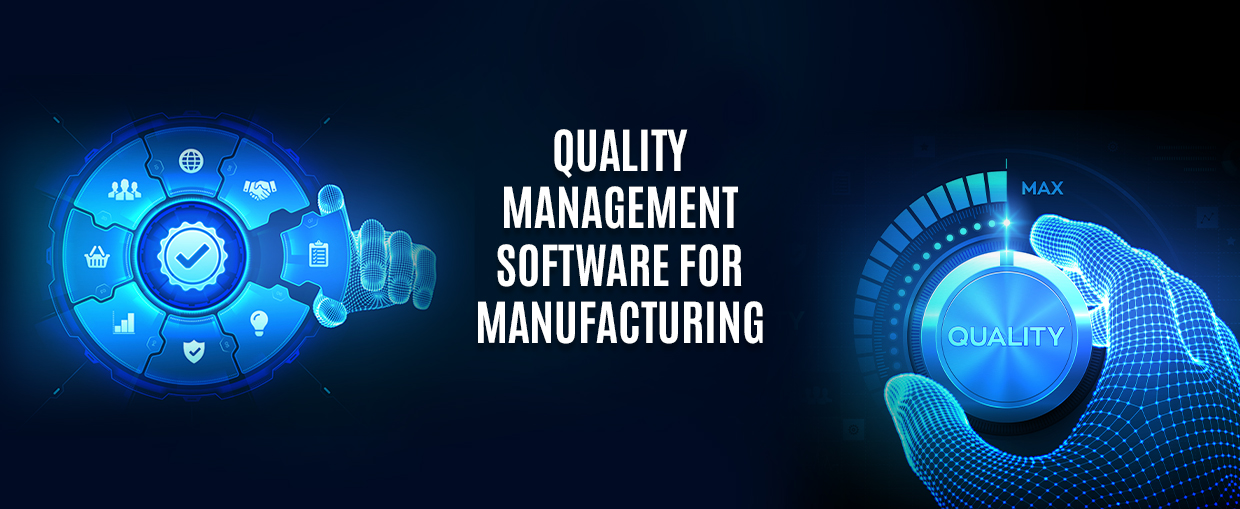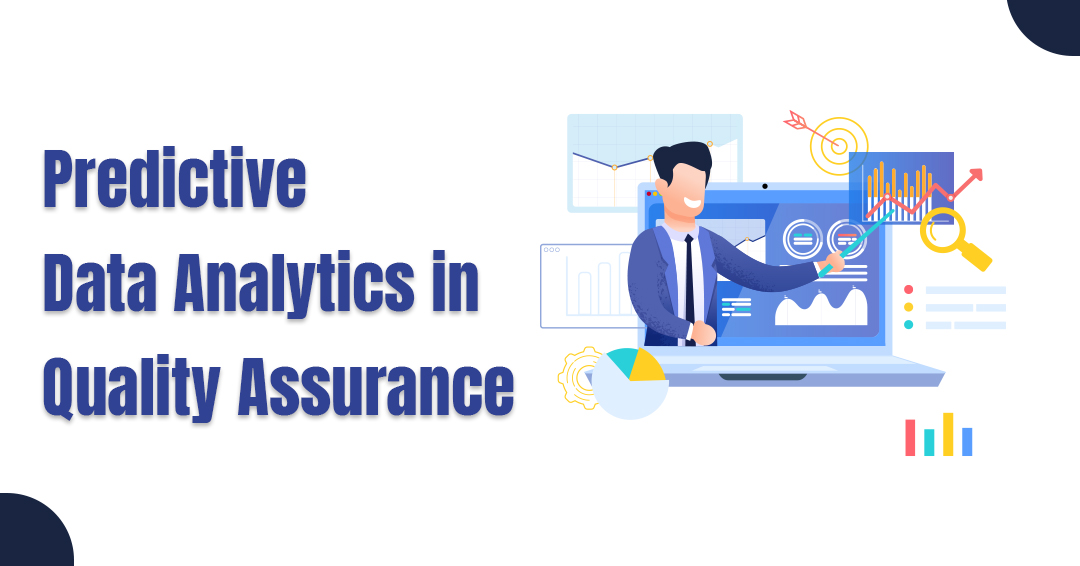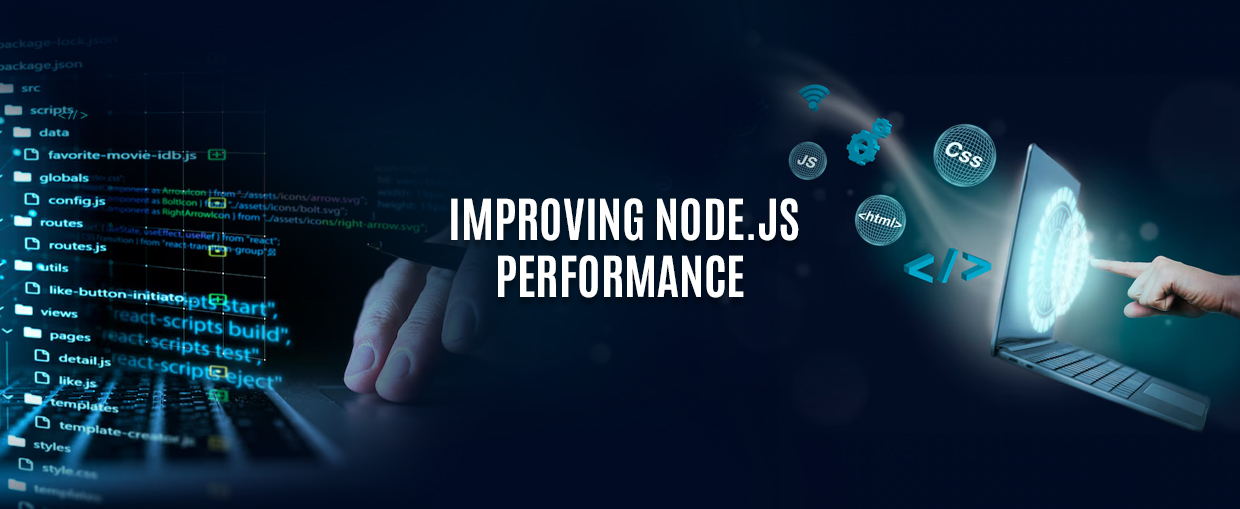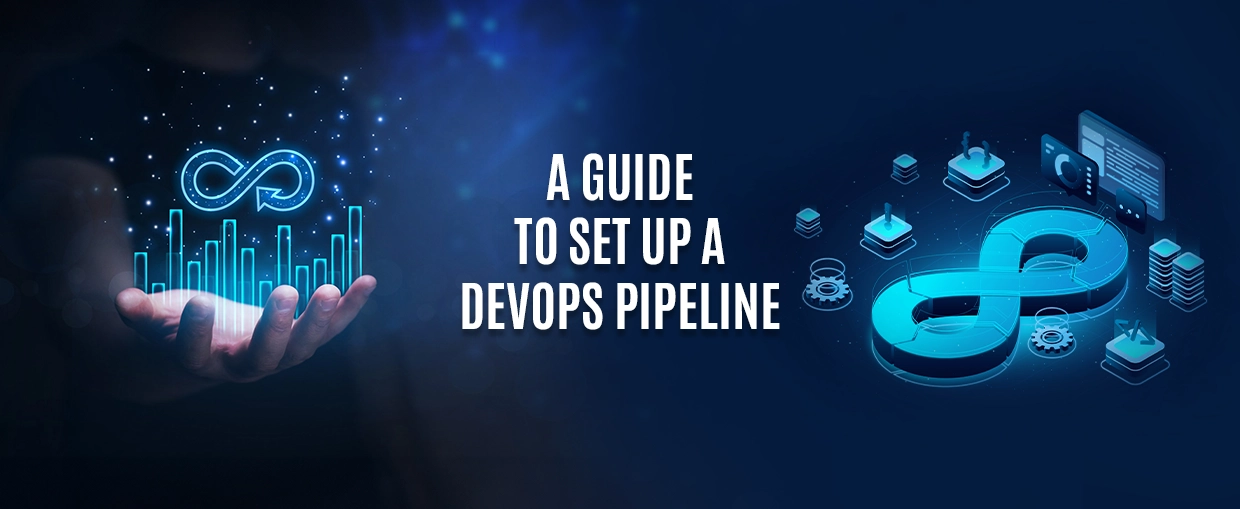Fintech software development is a hot topic in today’s lightning-fast digital world. It is a necessity given Fintech’s intriguing combination of finance, business research, and technology. While organizations shift from traditional to creative techniques, the need for custom fintech technology solutions becomes increasingly clear.
This push made financial organizations partner with a professional software development company to develop custom software solutions. They hire developers with leading expertise for acclaimed app development services, QA consulting services, and more.
So, with this post, let’s delve deeply into fintech software development that covers everything about its industry applications, market trends, benefits, key features, and more.
Fintech Software Development: What is Fintech Software?
Fintech software is fundamental to financial innovation. This digital instrument made with the expertise of a software development company promotes revolution in the perception and execution of global financial transactions. The word ‘Fintech’ refers to any technology breakthrough used in the financial services industry. It spans from investment corporations to insurance companies and everything in between.
Fintech software development is crucial for a wide range of applications such as mobile banking systems, crowdfunded investing tools, cryptocurrency trading programs, and robo-advisors. All these make client processes easier, faster, and more efficient. These diverse apps are made with professional app development services. It facilitates the core goal of financial organizations in automating and optimizing financial management decisions and offers seamless end-user experiences.
The core factor is always this – financial organizations will need expert financial software developers and QA consulting services to implement cutting-edge fintech. It will enable the democratization of access to financial services and usher in tremendous development and opportunity in the banking industry.
Fintech Software Development: Industry Applications
It is essential to understand the many applications of fintech software. So, let’s take a brief tour of how fintech is empowering everyday people and companies by simplifying processes across several industries.
1. Investment Apps
Before the emergence of fintech software, investing in stocks was a time-consuming drill that required engaging with brokers or market analysts. With several fintech-powered financial services at our fingertips, anybody can invest their money wisely without having to be a Wall Street hotshot. These apps engage advanced algorithms to provide personalized customer recommendations that streamline the entire investment process.
2. Payment Apps
This is another major use-case for fintech software as mobile banking alternatives. In today’s fast-paced world, where time is money, these applications have emerged as lifesavers for both consumers and small businesses. These apps enable quick person-to-person transfers and seamless commercial transactions globally. You can hire developers with acclaimed expertise to build these apps to allow users to bypass the reliance on traditional bank transfer protocols.
3. Personal Finance
Personal money management has become increasingly important in this modern timeline. Fortunately, the advent of fintech has made it easier for people to achieve financial independence early in life. Several applications developed by fintech software development companies help users manage their money more effectively. It helps them track spending patterns and provides real-time budget notifications on their smartphones.
4. Peer-to-Peer (P2P) Lending
This is probably one of the most revolutionary advances of fintech. With P2P, lenders can directly lend to borrowers using software lending platforms. They reduce numerous expense layers normally associated with banks. This improves loan conditions for borrowers while increasing profits for lenders, demonstrating how fintech technologies may transform established industries.
We’ve only scratched the surface of the enormous potential of financial software/app development services and what these solutions can conquer across sectors. Let’s dig into other important aspects of this technology-driven industry transformation as well.
Fintech Market Trends
The progressing trends in financial apps and fintech software development are responsible for the evolutionary pace of this market. Data-driven decision-making processes have become synonymous with this era of development and seasoned QA consulting services, driving the majority of its advances.
And the below-listed trends are the key ones that are shaping the fintech sector.
1. Artificial Intelligence (AI) & Machine Learning (ML) Technology
One key development in the cloud computing market is the adoption of AI and ML technology. Many businesses use these skills to improve their predictive analytics and make sense of the huge volumes of data they collect every day with the help of expert software development companies.
2. Blockchain
Blockchain technology has also recently gained popularity. Numerous organizations have realized its enormous potential for enabling safe transactions, resulting in broad adoption across a variety of industries.
3. Tailored Banking Software & Services
Another major development is the increase in customized banking software and services done by hiring seasoned developers. And fintech software development brings personalized offerings that excel in meeting shifting consumer needs for products.
4. Mobile Payments
The rise in mobile payments is another significant market trend that popularized app development services. The simplicity of fintech-enabled payment systems and solutions continues to entice more people to opt out of traditional transaction methods.
5. Open Banking
We are also witnessing a global acceleration in Open Banking projects. APIs that allow third-party financial software developers to access bank data have resulted in multiple game-changing financial services apps.
6. Special Purpose Acquisition Companies (SPACs)
SPACs (Special Purpose Acquisition Companies) are another important factor influencing developments in finance-industry-based initiatives. They are non-commercial companies founded solely for the aim of raising funds through an initial public offering (IPO) to acquire or merge with an existing company.
There are even more current fintech market trends besides our list. Being aware of the same can give you vital insights into better understanding the future landscape and keeping ahead in the fast-paced world of fintech software development.
Fintech Software Benefits
Adopting fintech software has several benefits for multiple industries, including banking, insurance, payments, and investing. It can hasten the move towards digitalization.
1. Customers Experience a Higher Level of Satisfaction
Fintech software development has resulted in an increase in consumer satisfaction levels throughout the world. Clients may now access services with simple interfaces and seamless experiences, requiring only a few clicks or finger taps. They no longer have to wait in large lines; transactions are clear and efficient; and help is frequently immediate and digital.
There’s more to fintech apps/software than just speed. With app development services, they can provide real-time data analysis to provide personalized recommendations depending on each investor’s risk tolerance and financial goals. This high level of personalization improves engagement between enterprises and their clients, resulting in increased satisfaction ratings.
2. Target Market
Knowing your target market is critical when developing any product or service with the help of software development companies. This includes fintech software as well. Interestingly, every age group has the potential for fintech solutions, from tech-savvy millennials who prefer mobile wallet payments over traditional methods to busy professionals looking for time-saving investment platforms or senior citizens in need of simplified pension management tools.
Furthermore, unbanked people provide vast untapped markets for fintech businesses focusing on financial inclusion activity. They can reach out to underserved places where traditional banks are not as dominant thereby resulting in extraordinary growth prospects.
Entrepreneurs who create these applications with app development services can adapt their functions to meet the demands of different groups. This will ensure that each sector feels well-served by their technology solutions.
3. Operational Efficiency
To thrive in an increasingly competitive corporate market, operational efficiency is critical in figuring out profit margins and client retention rates. Fintech software can tremendously help here as well. It can drastically decrease human intervention through automated procedures, resulting in faster decision-making and shorter processing times, essentially optimizing operations.
Finally, integrating the proper fintech software can foster close interactions with your client base, offering better insight into their requirements and preferences. It increases operational efficiency, and improves user satisfaction, assuring consistent growth and continuous success among the aggressive competition.
Key Features of Fintech Software
Several aspects are vital In the domain of fintech software development. They contribute to the software’s effectiveness and usability. So, let’s have a look at the key features of what makes it possible.
1. Data Visualization
Most finance software solutions strive for improved data management, analytics, and visualization capabilities. It helps financial institutions deal with a flood of data regularly and also decode them into relevant insights for operational management or decision-making. App development services help achieve this by integrating real-time performance monitoring, easy interpretation of complicated financial predictions or figures, and making use of interactive reporting tools.
2. Security
Given the volume of sensitive data processed by fintech apps, robust security measures are unquestionably necessary along with QA consulting services. This sector refers to protecting against external cyber threats while maintaining internal compliance with government standards. It is done through strong encryption mechanisms, biometric authentication, and regular system audits and penetration testing to identify possible vulnerabilities before they cause catastrophic breaches.
3. Personalization
Personalizing offers based on individual requirements increases client engagement, improving the overall user and customer experience (UX). AI-powered systems provide intelligent service/product recommendations based on user/customer behavior patterns. Push notifications keep users informed of any financial landscape developments and customized UI/UX design provides ease of use and customization choices based on preferences. This is highly effective in maintaining existing clients while also attracting new customers.
3. Speed of Service
The last but most important is all about the speed of service, since time is money. End users are increasingly seeking quicker responses from their preferred platforms, therefore great efficiency takes precedence when creating your fintech application by hiring competent developers. They will help you implement powerful APIs for quick interactions, cloud-based storage for enhanced scaling and load balancing, quick algorithms for large transactional processing at low latency, and improve system performance in real-world use scenarios.
How to Build Fintech Software
The world of fintech software development is fascinating, yet a challenging endeavor. Choosing agile software development will favor you in the long run. Here are some essential steps for developing successful financial software.
1. Pick a Niche
Your niche should be influenced by your area of expertise and market demand. Knowing the specifics of your sector can help you build unique software that satisfies user expectations and meets all regulatory compliance requirements with the partnership of a software development company. Conversely, assessing market demand assures that there is an audience ready to embrace your offering.
2. Market Research
Conduct extensive market research to understand your target audience’s needs and preferences, current market dynamics, and your competitive environment. Catch up with the latest financial developments to competitively match your services with future market dynamics. Also, confirm any legal or regulatory obligations that directly apply to your chosen domain. Make sure you do this before choosing an app development services provider.
3. Design Software
Focus on developing intuitive user interfaces that enable seamless user experiences with UI UX design service experts.
4. Build Your Fintech Software
Go for an agile methodology as it allows incremental process upgrades based on feedback obtained after each iteration cycle along with QA consulting services. This stage includes a tech stack choice. Choosing between prevailing proven technologies and innovative alternatives can address developing challenges.
The Wrap-Up
So, that’s about everything you need to kick-start your fintech software development. Before you embark on this journey, make sure you choose a seasoned and reliable software development company as your technology partner. Their specialization can build you genuine fintech products to help achieve your and your clients’ competitive business goals.


